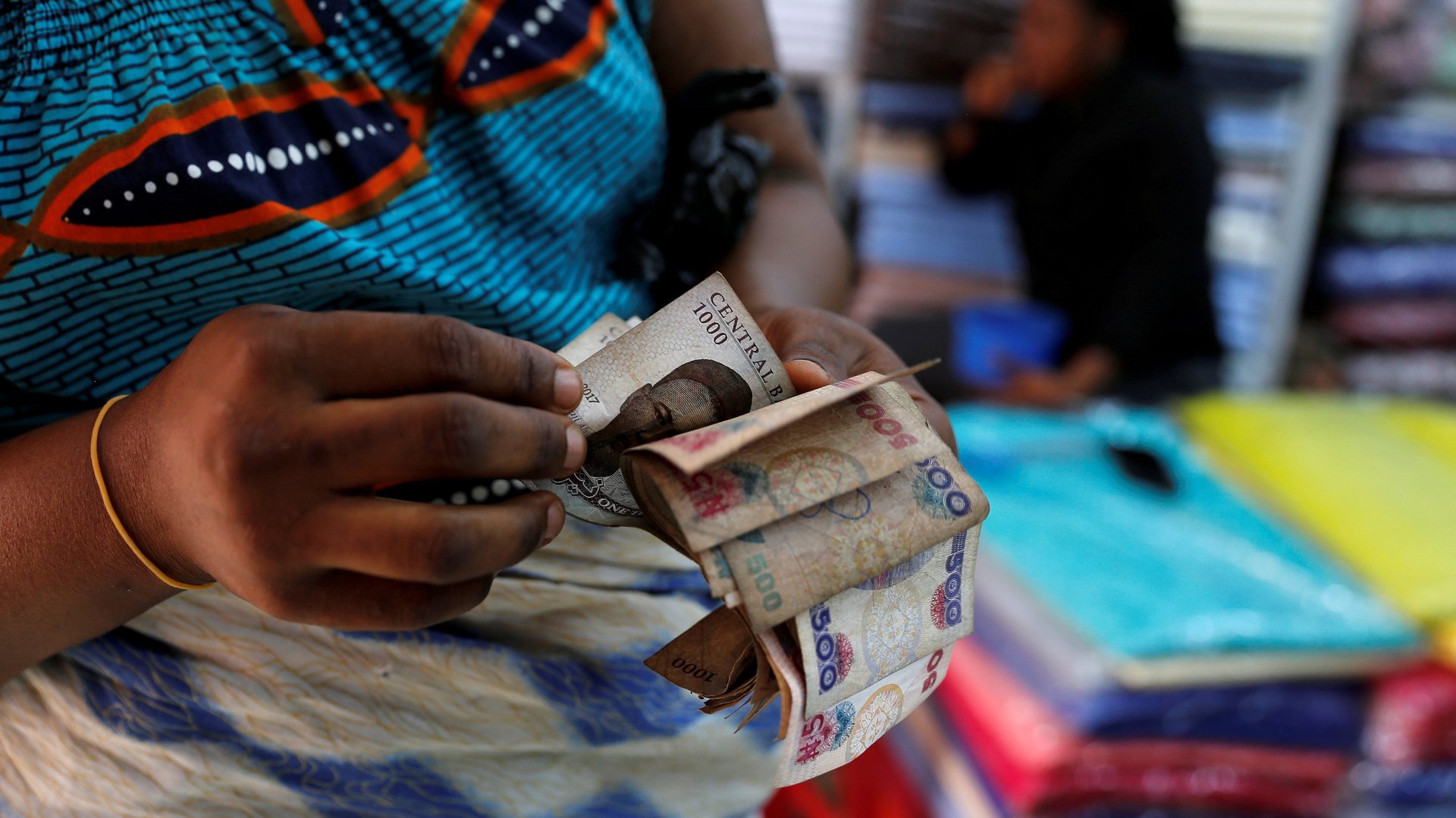Coronavirus is imperiling billions of informal workers—especially women
As the novel coronavirus slowly spreads into the developing world, billions of people face a horrible choice: keep going to their informal jobs and risk contracting or spreading the virus, or stay at home and risk their family starving?


As the novel coronavirus slowly spreads into the developing world, billions of people face a horrible choice: keep going to their informal jobs and risk contracting or spreading the virus, or stay at home and risk their family starving?
Around 2 billion people—61% of the world’s working population—toil in the informal economy, and have little or nothing to protect them if they’re unable to go to work. They usually have neither sick pay nor health insurance, and may not be eligible for government benefits given to furloughed workers. The situation threatens to be particularly acute in Africa, where 86% of employment is informal, according to the International Labor Organization (ILO).
Women are set to be hit hardest, as they make up a “disproportionate percentage” of workers in the informal sector, according to UN Women. An average of 65% of working women in non-agricultural sectors are employed informally, compared to 62% of men, according to World Bank data from 69 developing countries. (Informal employment is usually higher in agriculture.)
Some governments are at a loss as to how to deal with the virus. In Benin, president Patrice Talon has said his administration simply can’t force people into lockdown, despite having 13 confirmed cases. If Benin “takes measures which starve everybody, they will quickly end up being defied and violated,” he said. About 95% of Benin’s non-agricultural workers are employed informally, according to the ILO’s latest data from 2011.